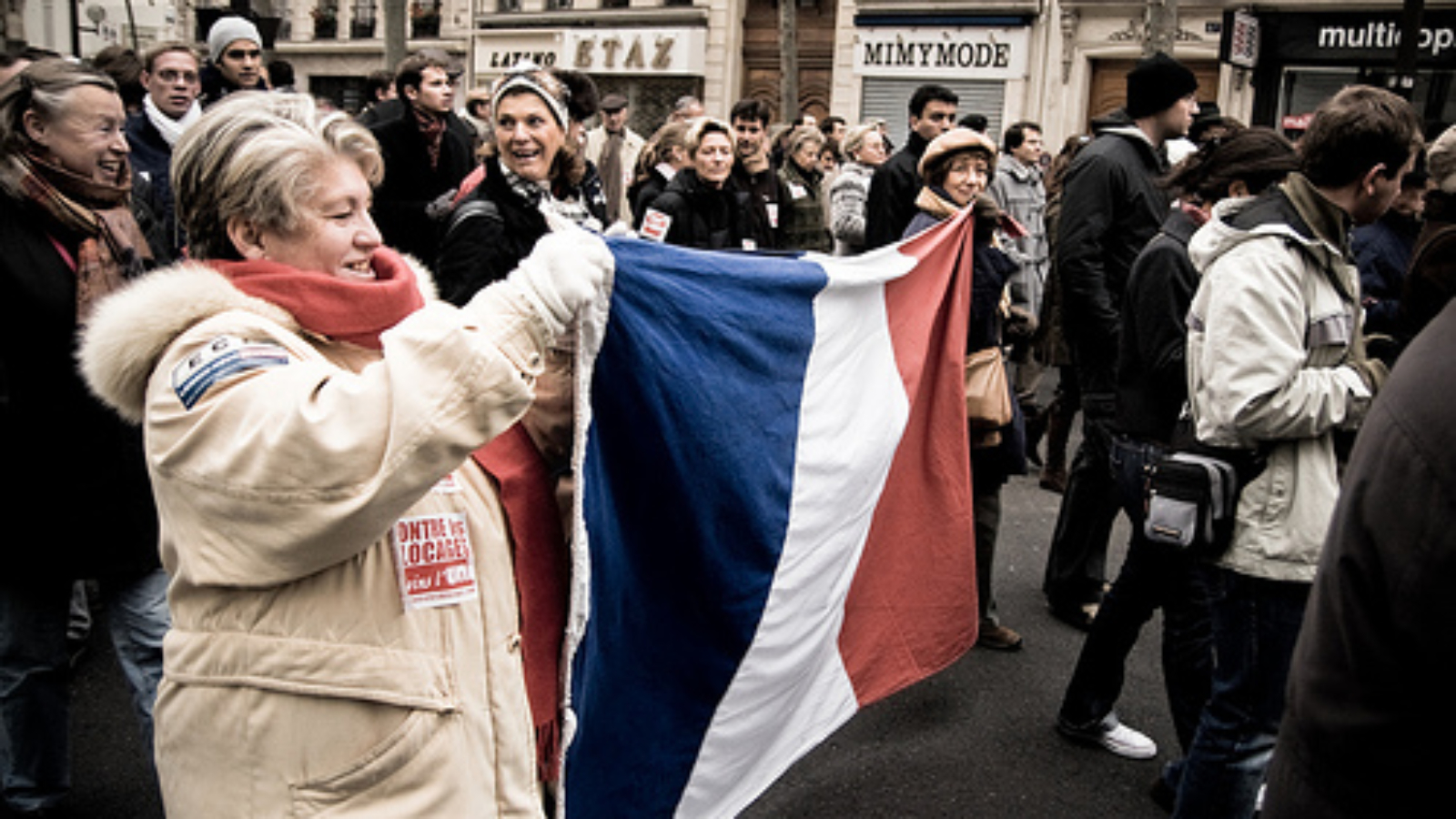Thousands—some estimates say millions—of French workers went on strike yesterday over a government proposal to increase the retirement age from 60 to 62, beginning 2018. With the mounting budget deficit weighing heavily on the national agenda, Sarkozy’s government believes the delay in state pension qualification could save €19 billion ($29.3 billion) in 2018 alone.
While workers flooding the streets at 200 rallies nationwide, commuters grappled with limited transportation service, travelers saw their flights and trains canceled, schoolchildren faced classrooms without teachers and the French media crawled to a standstill. The public outcry was reportedly higher than a strike on May 1, also protesting pension reform, and union organizers are hoping yesterday’s actions will sway the government.
Thus far, Sarkozy has been unmoved. The proposed reform won’t go to a vote until the fall, and it is expected that there will be more protests throughout the summer. -Caroline Soussloff
Germany’s Federal Court of Justice ruled on Friday that patients can be taken off life-sustaining treatment if they have given their consent.
The case before the court challenged lawyer Wolfgang Putz, who, in 2007, advised his client to remove a feeding tube from her 71-year-old mother, Erika Küllmer. Küllmer had been in a persistent vegetative state since October 2002 and had expressed her unwillingness to be kept alive through artificial means. Her daughter eventually removed the tube, and Küllmer died two weeks later of “natural causes,” according to an autopsy. Putz and Küllmer’s daughter were both charged with attempted manslaughter, though she was acquitted for “mistakenly” following her lawyer’s advice. Putz was sentenced to nine months in jail.
The Court’s decision on Friday drew a distinction between “killing with the aim of terminating life” and decisions that “let a patient die with his or her own consent” — or what Chief Justice Ruth Rissing-van Saan has called “killing” and “natural death.” According to Justice Minister Sabine Leutheusser-Schnarrenberger, “Today’s ruling gives legal clarity on a fundamental question in the conflict over what is permissible in the passive sense, and prohibited in the active sense, on assisted suicide."
Issues involving assisted suicide are especially sensitive in Germany, where the Nazis used the term “euthanasia” to describe a program that murdered the disabled. Assisted suicide has been a subject of debate throughout Europe, especially since the February arrest of Ray Gosling, a British film director who assisted in euthanizing a former boyfriend. Currently, Luxembourg, Belgium, and the Netherlands (along with Oregon in the United States) are the only places in the world that have legalized euthanasia programs, although Switzerland permits euthanasia “if performed by a non-physician who has no vested interest in the death.” -Peter Bozzo
